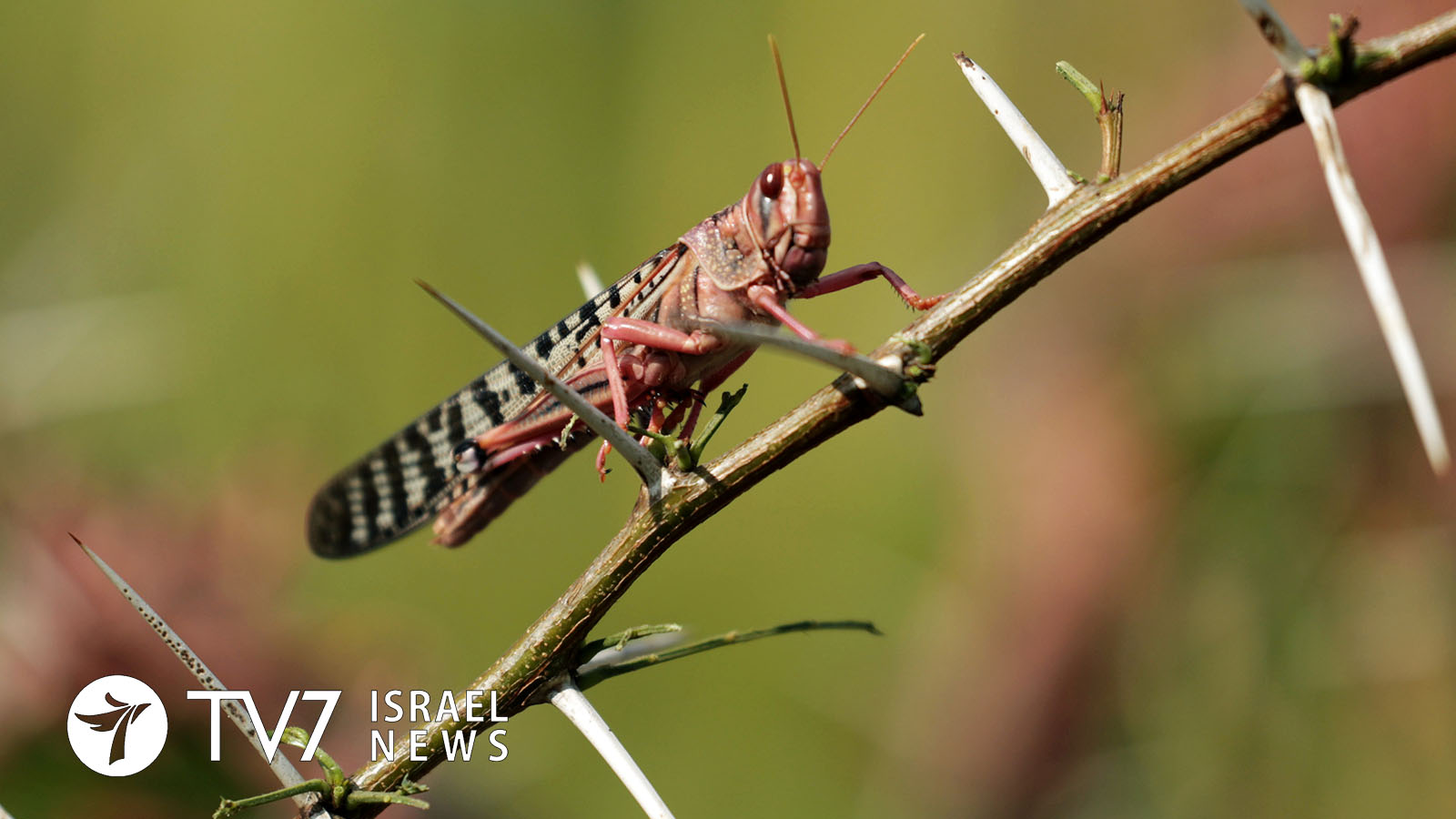The Desert Locust Information Service (DLIS) of the United Nations Food and Agriculture Organization (FAO) is reporting that several nations in Africa and the Middle East continue to battle infestation.
According to the most recent update, an increasing number of hopper bands are forming in central Somalia and eastern Ethiopia. Experts also believe it is likely there are even higher numbers of locusts than have actually been detected, and strongly recommend the scaling up of survey and control operations in these areas.
Eastern Amhara, Tigray and Afar regions of Ethiopia are calming, although immature swarms persist near Dire Dawa and Jijiga.
Hatching and hopper band formation is estimated to be occurring on “a widespread basis” in the eastern portion of the Somali region, including the Ogaden.
While intensive hatching and hopper band formation continue in central areas of Somalia, aerial control operations are also being conducted against immature swarms in the northwest. No new swarms have been identified in the northeast, however.
At least one small mature swarm from Somalia has migrated to northeast Kenya near Mandera. Hatching is occurring in the northern Samburu country, where third instar hopper bands are also present.
Control operations are in progress on the western side of Sudan’s Red Sea Hills near Haiya.
Coastline along the Red Sea coast has seen the formation of immature adult groups and swarms in the Tokar Delta of Sudan immature adult groups and swarms on Yemen’s northern shoreline between Al Zuhra and Suq Abs, and arrival of a swarm in Saudi Arabia near Qunfidah on 8 November.
The UN’s climate agency, the World Meteorological Organization (WMO) said this week that the combined scourges of desert locust invasion, floods, droughts and hotter weather over the past few years have had a devastating impact on food supplies, economy and health in the Horn of Africa.
Below-average rainfall in both 2018 and 2019 led to the worst cereal harvest in Somalia since records began to be kept in 1995, in addition to other crop failures in neighboring Kenya.
By late 2019 Kenya, Somalia, Ethiopia and Tanzania were drenched by at least double the normal seasonal rains, with ensuing floods followed. Even though crops were nourished, humid conditions also fuelled an infestation of locusts which have devoured hundreds of thousands of hectares of land in those countries this since January 2020.
Agriculture is the backbone of Africa’s economy.
Rising temperatures resulting from climate change will lead to a 2.25% -12.12% drop in the continent’s overall gross domestic product, according to a WMO “long-term impact” study, although a time period for that estimation was not provided.
“By the middle of this century, major cereal crops grown across Africa will be adversely impacted,” said the WMO report, projecting a 13% reduced yield in West and Central Africa, 11% in North Africa and 8% in East and Southern Africa.
Meanwhile, the number of undernourished people has jumped by 45% since 2012 in drought-prone areas including West Africa’s Sahel.
Last year, the Idai and Kenneth cyclones pounded three countries in southern Africa last year; killing hundreds of people, displacing more than two million others and destroying a half million hectares of crops in Mozambique.
In other locust-related developments, Nestle’s Purina brand is launching a line of pet food using the insects, as the world’s biggest food group tests more environmentally sustainable protein sources.
“We see increasing demand for diversified sources of proteins for pet food products,” the company’s head in Europe Bernard Meunier told Reuters, explaining that limited planetary resources and decreasing meat consumption on the continent were incentives to explore new proteins.
Purina’s “Beyond Nature’s Protein” line of dog and cat food will be launched in Switzerland this month, will availability in more markets next year.
The British Veterinary Association endorsed insect-based pet food last year for owners who seek a ‘livestock-free’ diet for their pets.
One leading supplier of insect protein in Europe is Dutch company Protix, which sells ingredients made from locusts, the black soldier fly, mealworms and crickets. Other brands like Yora and Green Petfood’s InsectDog already offer eco-friendly and allergen-free diets for pets.
